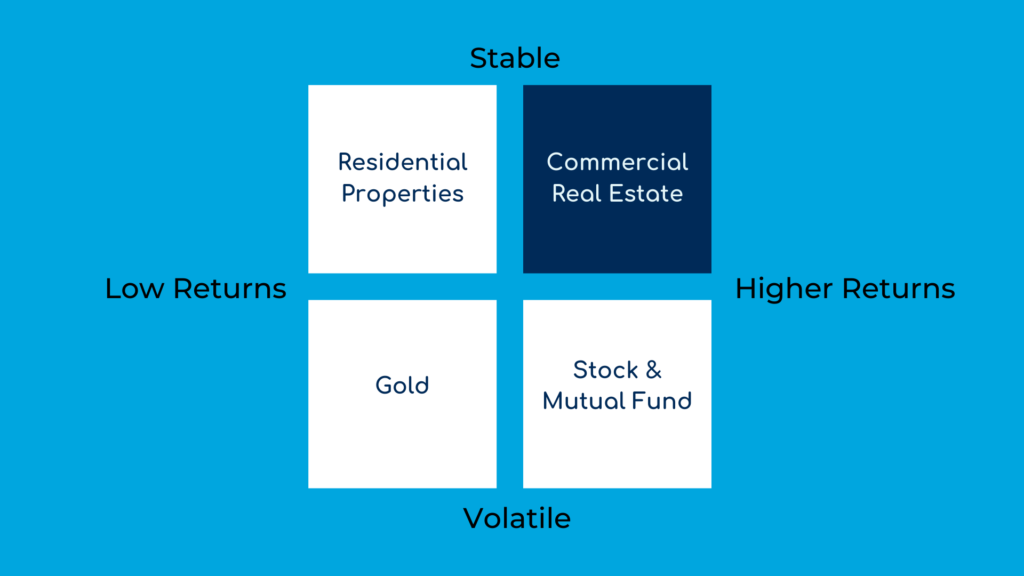Fractional Ownership of Property: A New Investment Tool for Millennials

Fractional ownership of a Property, which is gaining popularity in India, has the potential to reduce the financial burden on a single investor or property owner.
The majority of Gen X (those born between 1965 and 1980) came from middle-class families who had to work hard to make a living. They began by their family responsibilities, saving for their children’s education, and eventually purchased a residential property to provide their children with a rent-free life. This, however, limited them to only residential markets, which aided them in purchasing a home.

When they reach or cross their 30s, the next generation, millennials (born between 1980 and 1996) who studied well and lived in their own home, consider investing in real estate. Large down payments and the hefty amount that goes into EMIs, on the other hand, may take years out of their lives. Even after purchasing a piece of property, they will be burdened with property maintenance costs and other taxes. In practice, it appears difficult for millennials to invest in a commercial property they have had their eye on for years due to its high ticket price.

However, what if they could own a fraction of their dream property that could be leased to a verified MNC tenant and generate good cash flow?
The mode of ownership in the Commercial Real Estate (CRE) segment has evolved dramatically over the years. Just like timeshares and owning a fraction of a high-priced share, fractional ownership has rebranded the conventional CRE sector and emerged as a new way of investment for millennials.
Understanding Fractional Ownership in Commercial Real Estate

Fractional ownership, which is gaining popularity in India, has the potential to reduce the financial burden on a single investor or property owner. The term simply refers to a situation in which a group of like-minded individuals own a commercial property together and become fractional owners. This method of buying an asset simply divides the high cost into multiple fractions, allowing millennials to participate in new opportunities at a fraction of the cost previously required.
A premium commercial building that is leased to a tenant, for example, can cost an owner/investor Rs 50 crore. A working professional with a Rs 25 Lakh investment can realize his or her dream of purchasing that property through fractional ownership and reap similar benefits such as a high yield in the range of 8-12%, while the asset is managed by an international firm.
PropTech – Enabler of fractional ownership
Millennials are a visually-driven generation who witnessed the evolution of the world to become digitally driven. They are technologically savvy and are always looking for new ways to make money. In the midst of the digital transformation of every business sector, technology has also changed the way millennials access Commercial Real Estate.
New-age PropTech platforms have emerged to enable fractional ownership by providing fractional owners with easy access, transparency, and asset management solutions. PropTech relies on industry experts with experience in CRE and proprietary methodologies to be reliable in the industry. Furthermore, it emphasizes a careful investment structuring process to safeguard the interests of fractional owners.
PropTech in fractional ownership has produced outstanding results in securing investments tailored to the needs of investors. Furthermore, the most dependable of them make use of technology’s potential to diversify investors’ portfolios across different asset classes and locations. Aside from that, it facilitates the process.
Take Away
With so many investment opportunities in the market, millennials prefer to invest in tangible assets rather than intangible ones such as stocks, fixed deposits, and so on. Millennials are looking to create passive income for themselves, anticipating the amount of yield generated by commercial property.

